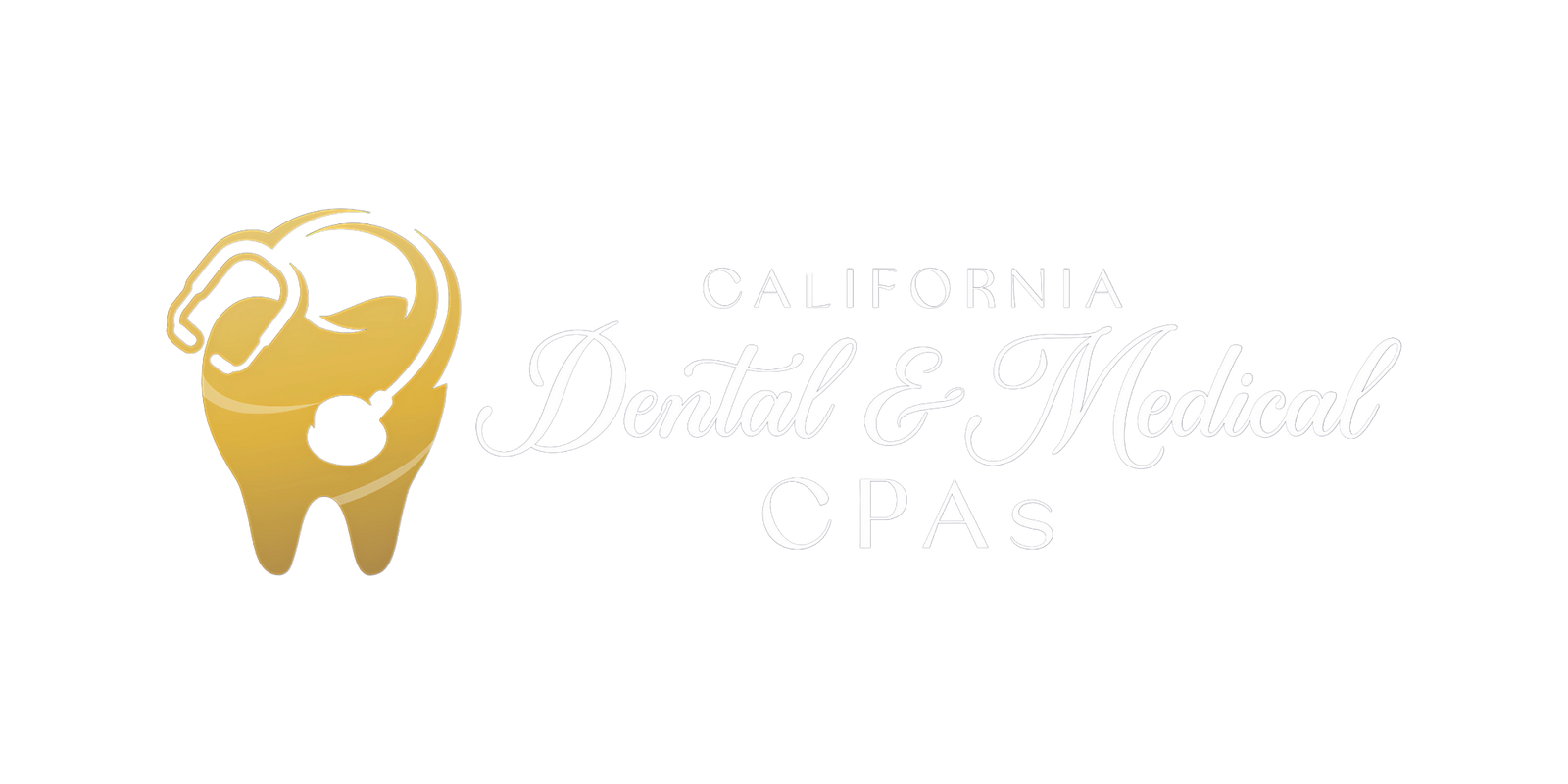When it comes to managing finances, doctors face unique challenges that go beyond standard bookkeeping. Specialized medical bookkeeping services for doctors can help streamline financial operations, ensure compliance with healthcare regulations, and ultimately improve profitability. With the right support, healthcare professionals can focus more on patient care while leaving the financial details to the experts.
Key Takeaways
- Specialized bookkeeping services for doctors address unique financial needs in healthcare.
- Ensuring HIPAA compliance is critical for handling patient financial information securely.
- Key bookkeeping functions include managing payroll, tracking expenses, and accounts payable.
- Effective financial management can significantly boost a medical practice’s profitability.
- Outsourcing bookkeeping can relieve doctors of financial burdens and improve accuracy.
Why Specialized Medical Bookkeeping is Essential for Doctors

Beyond Basic Bookkeeping: Addressing Healthcare's Unique Financial Complexities
Okay, so you might think all bookkeeping is the same, right? Numbers are numbers. But when it comes to healthcare, that’s just not true. Medical practices have a whole different set of financial headaches compared to, say, a bakery or a construction company. We’re talking about dealing with insurance reimbursements, complex medical billing, and a ton of regulations that can make your head spin.
- Think about it: You’ve got to track payments from Medicare, Medicaid, and a bunch of private insurers, each with their own rules and rates.
- Then there’s the coding – making sure every procedure is billed correctly to avoid claim denials.
- And don’t even get me started on the ever-changing healthcare laws.
That’s why specialized medical bookkeeping is so important. It’s not just about balancing the books; it’s about understanding the ins and outs of the healthcare industry and making sure you’re not leaving money on the table or, worse, running afoul of the law. It’s about having someone who speaks the language of healthcare finance.
Ensuring HIPAA Compliance in Your Medical Practice Bookkeeping

It’s super important to keep patient data safe when handling your medical practice’s finances. HIPAA compliance isn’t just a suggestion; it’s the law. Messing it up can lead to big fines and a damaged reputation. Let’s look at what you need to know to keep your bookkeeping HIPAA compliant.
What Accountants and Bookkeepers Need to Know About HIPAA
Accountants and bookkeepers working with medical practices need to understand HIPAA inside and out. It’s not enough to just know the basics. They need to know how HIPAA affects every aspect of financial record-keeping. This includes:
- Understanding what Protected Health Information (PHI) is.
- Knowing the HIPAA Privacy Rule and Security Rule.
- Being aware of potential risks and vulnerabilities in financial processes.
Staying updated on HIPAA regulations is a must. Things change, and what was okay last year might not be okay this year. Make sure your financial team is always learning and adapting.
Secure Handling of Protected Health Information (PHI)
Handling PHI securely is at the heart of HIPAA compliant bookkeeping for doctors. Here’s what that looks like in practice:
- Use encrypted software: Make sure your accounting software uses encryption to protect data both when it’s stored and when it’s being transmitted.
- Limit access: Only give access to PHI to those who absolutely need it. Use strong passwords and multi-factor authentication.
- Train your staff: Everyone who handles PHI needs to be trained on HIPAA regulations and best practices for data security.
It’s also a good idea to have a written policy on how you handle PHI. This policy should cover everything from data storage to data disposal. Review and update it regularly.
By taking these steps, you can greatly reduce the risk of a data breach and ensure that your medical practice stays on the right side of HIPAA. It’s an investment that pays off in peace of mind and litigation practice avoidance.
Key Bookkeeping Functions for Medical Practices
Tracking and Categorizing Medical Practice Expenses
Keeping tabs on where your money goes is super important. It’s not just about knowing the total; it’s about understanding where it’s going. Think of it like this: you need to know how much you’re spending on rent, utilities, medical equipment, and even marketing. This detailed breakdown helps you see where you might be able to cut costs or reallocate funds. For example, are your supply costs higher than they should be? Maybe it’s time to shop around for better deals. Proper tracking also makes tax time way less stressful. You can use accounting software to manage your expenses effectively.
Managing Payroll for Your Medical Staff
Payroll in a medical practice is more than just paying salaries. It involves tracking hours, managing benefits, and withholding taxes. It’s also about staying compliant with labor laws, which can be tricky. Accurate payroll management ensures your staff gets paid correctly and on time, boosting morale and reducing the risk of legal issues. For example, are you correctly classifying employees versus independent contractors? Are you keeping up with changes in minimum wage laws? These details matter.
Accounts Payable Management for Doctor's Offices
Accounts payable is all about managing your bills. This includes everything from paying suppliers to handling invoices for services. The goal is to pay your bills on time to avoid late fees and maintain good relationships with vendors. It also means keeping track of what you owe and when it’s due. A good system can help you take advantage of early payment discounts and avoid duplicate payments. For example, are you using a system to track due dates and payment terms? Are you reconciling invoices with purchase orders to prevent errors? Effective accounts payable management is key to dental bookkeeping services.
Boosting Profitability Through Effective Financial Management
Improving Accounts Receivable Management for Medical Practices
Managing accounts receivable AR is super important for keeping your medical practice financially healthy. It’s not just about sending out bills; it’s about making sure you actually get paid, and get paid on time. A good system can really boost your cash flow.
Here are some things to think about:
- Clear Billing Processes: Make sure your billing is easy to understand.
- Prompt Follow-Up: Don’t wait too long to chase up on unpaid bills.
- Payment Options: Give patients different ways to pay, like online or payment plans.
Strategies to Improve Cash Flow in Your Doctor's Office
Cash flow is the lifeblood of any business, and that includes your doctor’s office. If you’re always waiting for payments, it’s tough to invest in new equipment or hire more staff. Improving cash flow financial health means having enough money to cover your expenses and grow your practice.
One simple thing you can do is review your expenses regularly. Are there any areas where you can cut back without affecting patient care? Even small savings can add up over time.
Accurate Financial Reporting for Data-Driven Decisions
Good financial reports aren’t just for taxes; they’re a tool to help you make better decisions. When you have a clear picture of your income, expenses, and profits, you can spot trends and make smart choices about where to invest your money. Accurate financial reporting IRS tax form helps you understand what’s working and what’s not.
Here’s what you should be tracking:
- Profit and Loss Statements: See how much money you’re making or losing.
- Balance Sheets: Understand your assets and liabilities.
- Cash Flow Statements: Track the movement of money in and out of your practice.
Leveraging Technology: EHR Integration and Automation

The Role of Accounting Software in Medical Practices
Accounting software is a game-changer for medical practices. It’s not just about crunching numbers; it’s about streamlining operations and making smarter financial decisions. Think of it as your practice’s financial command center. The right software can automate tasks, reduce errors, and provide real-time insights into your financial health.
Here’s how accounting software helps:
- Automated billing and invoicing: No more manual data entry.
- Expense tracking: Keep tabs on where your money is going.
- Financial reporting: Generate reports to understand your practice’s performance.
Using accounting software is like having a dedicated financial assistant. It handles the tedious tasks, so you can focus on patient care.
Integrating your practice management software with accounting software is a smart move. It ensures that all your financial data is in one place, making it easier to manage your practice’s finances. This integration supports accurate financial tracking for medical billing and coding, healthcare expenses, and payroll management.
Considering Outsourced Bookkeeping Services for Medical Professionals

Many medical professionals find themselves stretched thin, balancing patient care with the complexities of running a business. Outsourced bookkeeping services for medical professionals can be a game-changer, freeing up valuable time and ensuring financial accuracy. Let’s explore the benefits and how to find the right partner.
Benefits of Outsourcing to Experts in Healthcare Accounting
Outsourcing your bookkeeping offers several advantages. It allows you to focus on patient care while experts handle your finances. Here are some key benefits:
- Cost Savings: Reduce overhead costs associated with hiring and training in-house staff.
- Accuracy and Compliance: Ensure compliance with ever-changing healthcare regulations.
- Time Efficiency: Free up your time to focus on patient care and practice growth.
Outsourcing bookkeeping can provide access to specialized knowledge and technology, leading to more accurate financial reporting and better decision-making. This can be particularly beneficial for practices with complex revenue streams or those looking to expand.
Finding the Right Partner: Experience in Medical Billing and Regulations
Choosing the right outsourced bookkeeping partner is crucial. Look for a firm with specific experience in medical billing and a deep understanding of healthcare regulations. Here’s what to consider:
- Industry Expertise: Ensure the firm has a proven track record with medical practices.
- Technology Proficiency: Verify they use accounting software for dental practices in California that integrates with your EHR system.
- Compliance Knowledge: Confirm their understanding of HIPAA and other relevant regulations.
Selecting a partner familiar with the nuances of medical accounting can significantly reduce errors and improve your practice’s financial health. For example, a firm experienced with FOIA requests in California will understand the importance of data security and compliance.
If you’re a medical professional thinking about outsourcing your bookkeeping, now is the perfect time to explore your options. Outsourced bookkeeping can save you time and help you focus on your patients instead of paperwork. Visit our website today to learn how we can assist you with your accounting needs!
Final Thoughts on Specialized Medical Bookkeeping
In conclusion, specialized bookkeeping services for doctors are not just a luxury; they are a necessity. With the complexities of healthcare finances, having a dedicated team to handle your accounting can make a big difference. It allows you to focus on what you do best—caring for your patients—while ensuring that your practice remains compliant and financially healthy. By outsourcing these tasks, you can reduce errors, save time, and potentially increase your profits. So, if you’re a healthcare provider looking to streamline your financial management, consider investing in professional bookkeeping services tailored to your needs.
Frequently Asked Questions
Why do doctors need specialized bookkeeping services?
Doctors face unique financial challenges that regular bookkeeping can’t handle. Specialized services help them manage these complexities better.
What is HIPAA and why is it important for bookkeeping?
HIPAA is a law that protects patient information. Bookkeepers need to follow these rules to keep patient data safe.
What are the main bookkeeping tasks for medical offices?
Key tasks include tracking expenses, managing payroll, and handling bills for the practice.
How can good financial management help a medical practice?
Better financial management can lead to improved cash flow, timely payments, and more accurate financial reports.
What role does technology play in medical bookkeeping?
Technology helps streamline processes, such as billing and payroll, making them faster and reducing mistakes.
What are the benefits of outsourcing bookkeeping for doctors?
Outsourcing allows doctors to focus on patient care while experts manage their finances, ensuring compliance and accuracy.
How do I choose the right bookkeeping service for my practice?
Look for a service with experience in healthcare, good reviews, and a clear understanding of medical billing and regulations.
What should I expect from a specialized medical bookkeeping service?
You can expect tailored services that meet your practice’s needs, including accurate financial reporting and compliance with healthcare laws.






